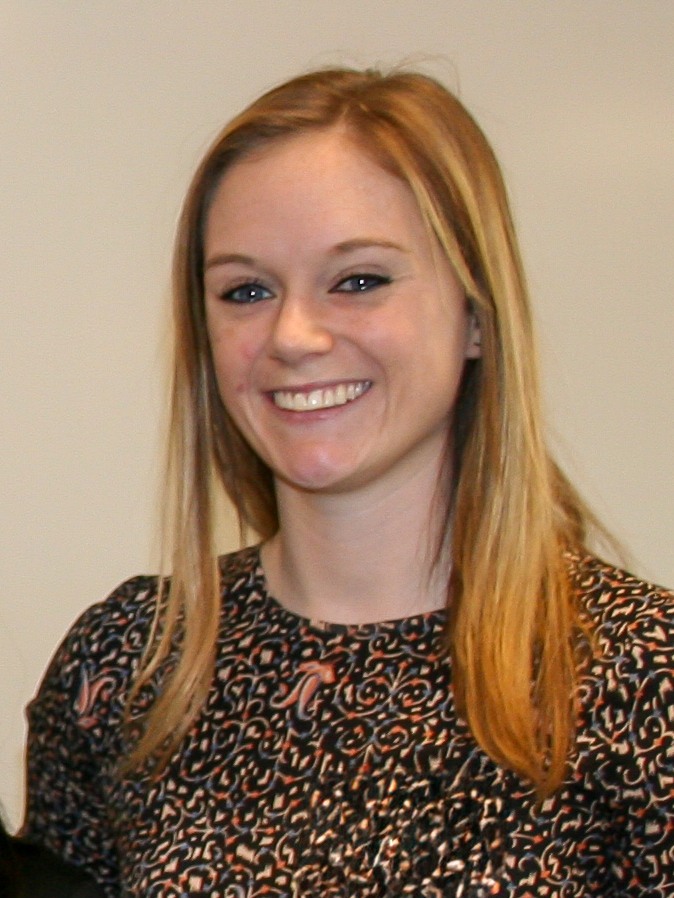Why did you choose to get your MPH? Why did you choose Brown?
I chose to pursue an MPH degree so that I could learn the practical elements of public health that would best prepare me for a career in the field. I chose Brown University for its strong focus on learning public health by doing public health, which I found to be very important, particularly given that I was pursuing a concentration in Global Health. When I was offered a position at Brown as a Global Health Scholar, I knew that I had been given an amazing opportunity. Before I even began my first course credits, I had already been in close contact with my advisor (Professor Steve McGarvey), who was encouraging me to start working on my thesis and finding my field placement. I was immediately drawn into the practical and personal relationships at Brown.
I know that you recently went to Haiti to do an internship. Could you tell me about how this opportunity came about and what you were working on there?
As part of the requirements for being a Global Health Scholar, I had always known that I would spend my MPH internship and field experience in a foreign country. I spent much of my first semester at Brown researching faculty throughout the university and medical school who had research interests that aligned with my own. One of my biggest public health heroes is Dr. Paul Farmer, so Haiti had always been in the forefront of my mind as to where I would spend my field experience. Eventually, I met Dr. Michael Koster, an infectious disease pediatrician at Women and Infants and professor in the Warren Alpert Medical School, who had been traveling to Haiti since the earthquake to work at St. Damien Pediatric Hospital in Tabarre, Haiti. Koster, alongside other Brown and Haitian colleagues, established an educational collaborative between a Haitian medical school and Brown that allowed residents to gain international experience. Dr. Koster knew that I was interested in program monitoring and evaluation, so he suggested that I do an evaluation of a PEPFAR-funded HIV training program for physicians at St. Damien Hospital. With only 200 pediatricians for the entire country, there is a severely limited human resources field in Haiti for treating pediatric HIV. The objective of this training program is to train physicians from all over Haiti in pediatric HIV care and protocol. We carried out a program evaluation using a structured survey that was distributed to all program graduates, evaluating program statistics such as testing scores, and facilitating a focus group.
